Peach Tree Watering
mark_roeder 4B NE Iowa
12 years ago
Featured Answer
Sort by:Oldest
Comments (15)
fruitnut Z7 4500ft SW TX
12 years agoalan haigh
12 years agoRelated Professionals
Folsom Landscape Architects & Landscape Designers · Leawood Landscape Architects & Landscape Designers · Salem Landscape Contractors · College Park Landscape Contractors · Peachtree City Landscape Contractors · Rio Linda Landscape Contractors · San Antonio Landscape Contractors · San Rafael Landscape Contractors · Tamarac Landscape Contractors · Vermilion Landscape Contractors · Waltham Landscape Contractors · West Chester Landscape Contractors · Palos Hills Landscape Contractors · Maple Heights Landscape Contractors · Raytown Landscape Contractorsfruitnut Z7 4500ft SW TX
12 years agoalan haigh
12 years agofruitnut Z7 4500ft SW TX
12 years agoalan haigh
12 years agofruitnut Z7 4500ft SW TX
12 years agoalan haigh
12 years agomark_roeder 4B NE Iowa
12 years agofranktank232
12 years agoalan haigh
12 years agoMichael
12 years agofruitnut Z7 4500ft SW TX
12 years agohkeeton2
7 years ago
Related Stories
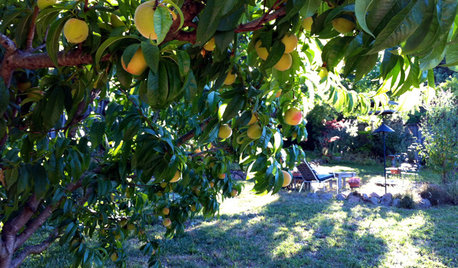
EDIBLE GARDENSHow to Grow Your Own Peaches and Nectarines
Make gardening a little sweeter with these juicy fruits, which you can eat after plucking or preserve for later
Full Story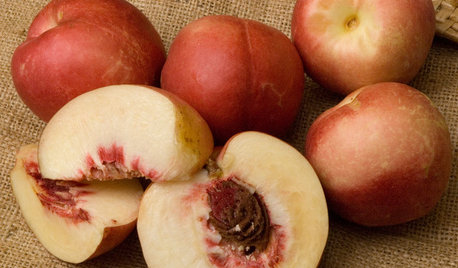
EDIBLE GARDENSGrow Plum Hybrids for Your Favorite Fruit Flavors
Plums are cozying up with apricots, peaches and even cherries — here’s how to grow these hybrids for the best aspects of each
Full Story
GARDENING GUIDESHow to Keep Your Trees Healthy
Ensure your trees’ vigor for years to come with these tips for protecting roots, watering effectively and more
Full Story
HOUZZ TOURSHouzz Tour: Georgia Peach Grows California Roots
Southern Glamour and Bay Views Combine in Lush San Francisco Home
Full Story
EDIBLE GARDENSHow to Grow 10 Favorite Fruit Trees at Home
Plant a mini orchard in fall, winter or early spring to enjoy fresh-off-the-tree fruit the following year
Full Story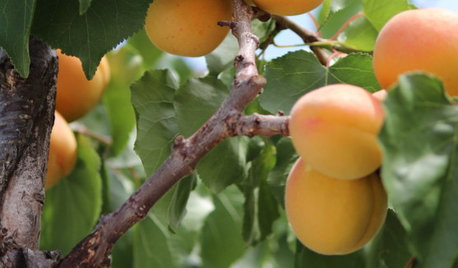
FARM YOUR YARDIf You Have Room for Only One Fruit Tree ...
Juice up a small garden with one of these easier-care or worth-the-effort fruit trees for a mild climate
Full Story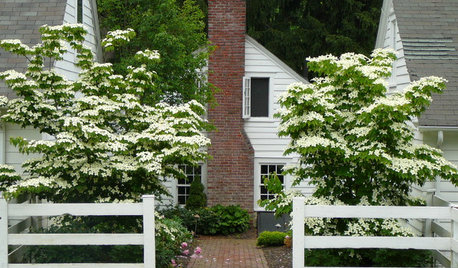
TREES7 Deer-Resistant Flowering Trees to Plant this Fall
If you live in a neighborhood with roaming deer, consider these beautiful trees that won't tempt hungry guests
Full Story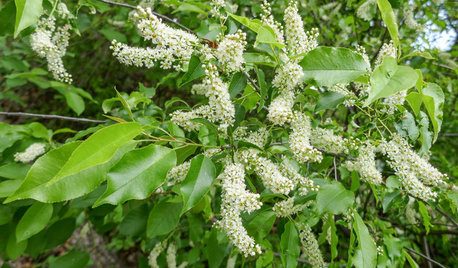
GARDENING GUIDESPlant Black Cherry Trees for the Birds and Bees
Plant Prunus serotina in the Central and Eastern U.S. for spring flowers, interesting bark and beautiful fall color
Full Story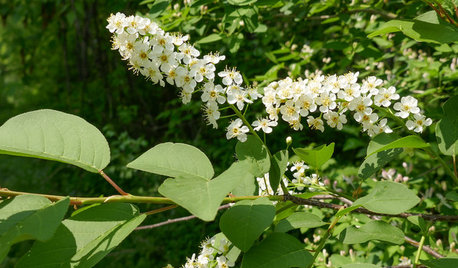
GARDENING GUIDESPrunus Virginiana Thrives Under Deciduous Trees
Plant chokecherry for showy white flowers favored by native bees in spring, and to provide nesting habitat and food for birds
Full Story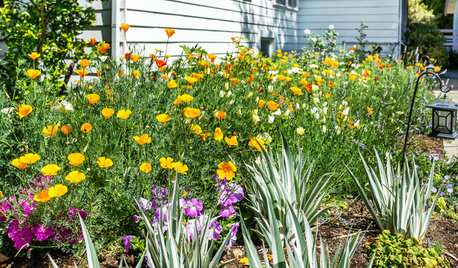
LANDSCAPE DESIGN10 Ideas for a Creative, Water-Conscious Yard
Check out these tips for a great-looking outdoor area that needs less water
Full Story

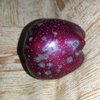
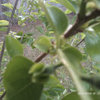
franktank232